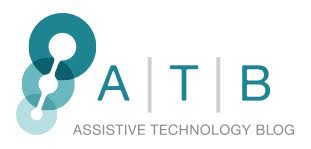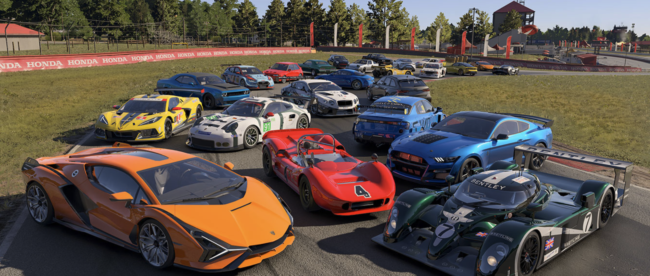Revving Inclusivity: Forza Motorsport Sets the Pace for Accessibility in Gaming With Blind Driving Assist!
Forza Motorsport, a thrilling racing simulation game set to launch on Xbox and PC on October 10 of this year, is taking a bold step towards accessibility by catering to blind and low vision gamers. Developed by Turn 10 Studios, the game features a groundbreaking Blind Driving Assists (BDA) system that uses supplemental audio cues to provide vital information about the racer’s position on the track, approaching turns, required deceleration, and shifting. This innovation aims to allow visually impaired players to immerse themselves in the world of high-speed racing and experience the excitement of driving the most powerful cars.
The development of the BDA system was a formidable challenge that took over two years of dedicated work by the team, which included Gameplay and Accessibility Producer Neha Chintala, Accessibility Development Lead Katrin Hilman, and Accessibility Consultant Brandon Cole. The audio cues were meticulously hand-coded into each track to ensure accuracy and consistency throughout the game. Players have the freedom to choose which audio cues they wish to use and can adjust the volume and pitch to suit their individual needs.
One of the primary hurdles faced during development was accommodating the unique handling characteristics of different cars within the BDA system. The team wanted to ensure that all cars, regardless of their individual properties, would work seamlessly with the audio cues and deliver an enjoyable experience to blind gamers. The learning curve for visually impaired players was also taken into account, as they not only had to learn the intricacies of the BDA features but also the fundamental aspects of racing games, such as when to decelerate and take turns.
A breakthrough moment in the development process came when the team successfully fine-tuned the guidance system, which pans engine sounds left or right based on the direction of upcoming turns. Striking the right balance between providing enough reaction time and avoiding premature turns was a crucial aspect of making the BDA system effective and immersive.
The developers collaborated with Playground Games on accessibility features, holding monthly meetings to share ideas and approaches. While the underlying technology might differ, both teams shared a common commitment to enhancing accessibility in gaming. Forza Motorsport’s emphasis on customizable narrator functionality sets it apart, allowing players to tailor the experience to their preferences by adjusting the narrator’s rate, pitch, voice, and content.
Accessibility In Gaming In The Future
Looking towards the future, the Forza Motorsport team envisions a gaming industry that prioritizes accessibility universally. They hope that within the next five years, all games will be accessible to everyone, fostering a shared baseline of accessibility across the gaming landscape. The team’s efforts aim to serve as an inspiring example for other developers to follow, pushing the entire industry forward and making gaming more inclusive for everyone.
The fact that Forza Motorsport’s developers dedicated over two years to creating the Blind Driving Assists (BDA) system demonstrates a growing emphasis on making games accessible to a broader audience. This suggests that developers are recognizing the importance of inclusivity and are willing to invest resources to cater to gamers with various disabilities. Forza Motorsport’s efforts in accessibility can serve as a benchmark and inspiration for other developers to adopt similar practices. By showcasing the success of the BDA system and its positive impact on blind and low vision gamers, the gaming industry may become more motivated to prioritize accessibility across various games and platforms.
Source: Inverse
This blog was written mostly using chatGPT, a potential tool for increased accessibility. Do you think this is an appropriate use of chatGPT? Why or why not? Let me know!


Leave a comment